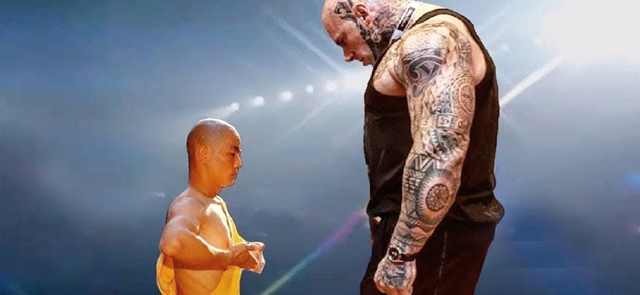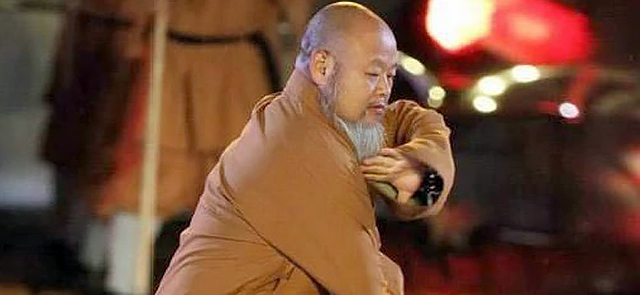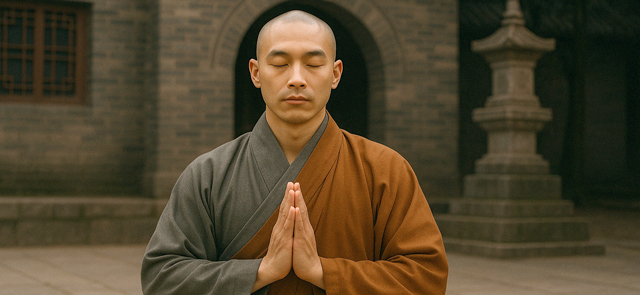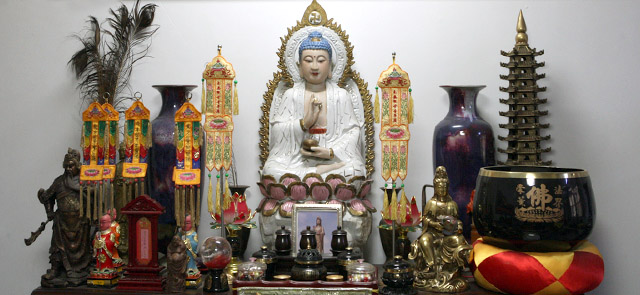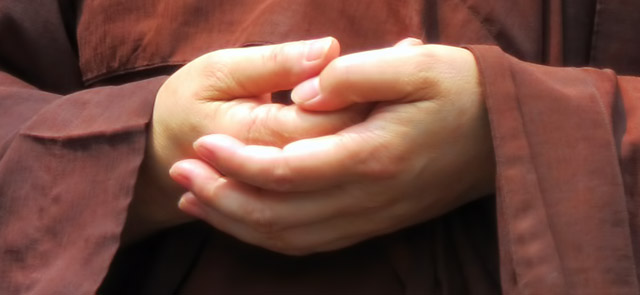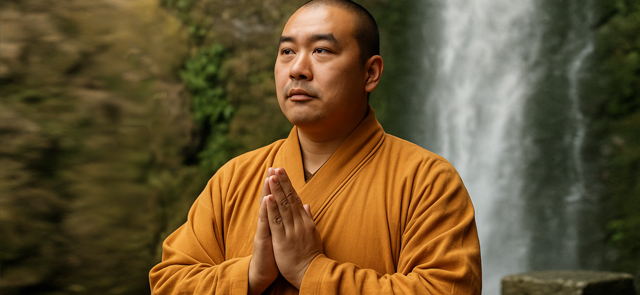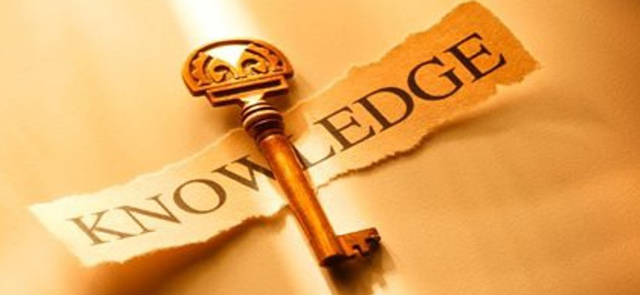Martial arts is not just about physical prowess; it's a holistic discipline that encompasses mental, emotional, and spiritual growth. At the heart of every successful martial arts journey stands a master, a guiding light who possesses not only exceptional combat skills but also a myriad of qualities that inspire, teach, and transform their students. The qualities that define a true martial arts master go beyond technique and strength; they embody values that shape both the art and the individuals who practice it.
**1. **Experience and Proficiency:
**A martial arts master must demonstrate a high level of expertise and proficiency in their chosen discipline. Years of dedicated training, countless hours refining techniques, and the mastery of various forms lay the foundation for their credibility and authority in teaching. Students look up to a master who can lead by example and showcase the pinnacle of skill.
**2. **Patience and Adaptability:
**Martial arts is a journey of self-improvement, and a master must possess patience to guide students through the challenges they face. Different individuals learn at different paces, and a great master adapts their teaching methods to accommodate each student's unique needs, ensuring that no one is left behind.
**3. **Effective Communication:
**Transferring knowledge is an art in itself. A master must communicate complex concepts, techniques, and philosophies in a clear and understandable manner. Whether through words, demonstrations, or hands-on guidance, a master's ability to communicate ensures that the essence of the martial art is effectively passed down.
**4. **Humility and Openness:
**While a master might be a repository of knowledge, they should also embody humility. Being open to learning from their students, peers, and even other disciplines can lead to growth and innovation within the martial arts community. A humble master acknowledges that the journey of refinement never truly ends.
**5. **Mentorship and Empathy:
**Beyond physical training, a master serves as a mentor and guide. They understand the struggles and fears that students may face and provide emotional support, encouragement, and empathy. This nurturing environment creates a strong bond between the master and their students.
**6. **Strong Ethics and Moral Code:
**Martial arts is not just about fighting techniques; it's a way of life. A true master instills a strong sense of ethics, integrity, and discipline in their students. They emphasize values like respect, self-control, and the responsible use of skills, ensuring that martial arts contribute positively to society.
**7. **Cultural and Historical Awareness:
**A deep understanding of the cultural and historical context of the martial art adds depth to its practice. A master shares the art's origins, its evolution, and the stories behind its techniques. This knowledge fosters a sense of appreciation and connection to the art's heritage.
**8. **Innovation and Creativity:
**Martial arts are not stagnant; they evolve over time. A master encourages innovation while maintaining the core principles of the art. They inspire students to explore, experiment, and contribute to the development of the discipline.
**9. **Physical and Mental Conditioning:
**A master demonstrates the importance of maintaining physical fitness and mental sharpness. Their own commitment to a balanced lifestyle serves as an example for students to follow. A healthy body and mind are essential for both mastery of the art and overall well-being.
**10. **Leadership and Community Building:
**A martial arts master is a leader within their community. They foster a sense of belonging and camaraderie among students, creating an environment where everyone supports each other's growth. This spirit of unity extends beyond the training hall and into everyday life.
In conclusion, a true martial arts master is not just a skilled practitioner but a beacon of inspiration, wisdom, and guidance. They mold not only fighters but also well-rounded individuals who carry the values of the art into all aspects of their lives. Through their experience, humility, effective communication, and commitment to growth, they leave an indelible mark on the world of martial arts and the lives they touch.
